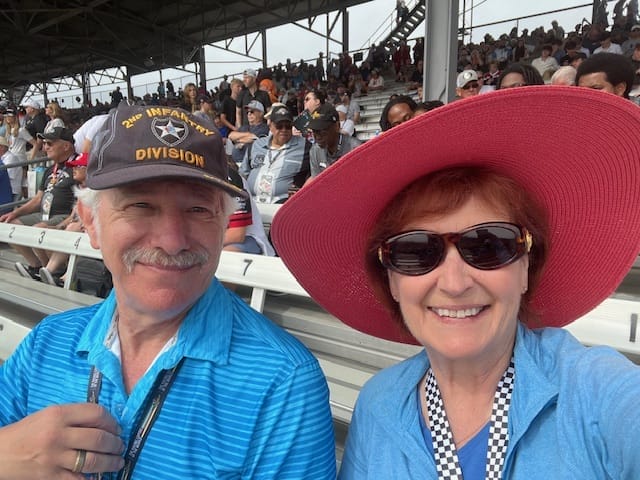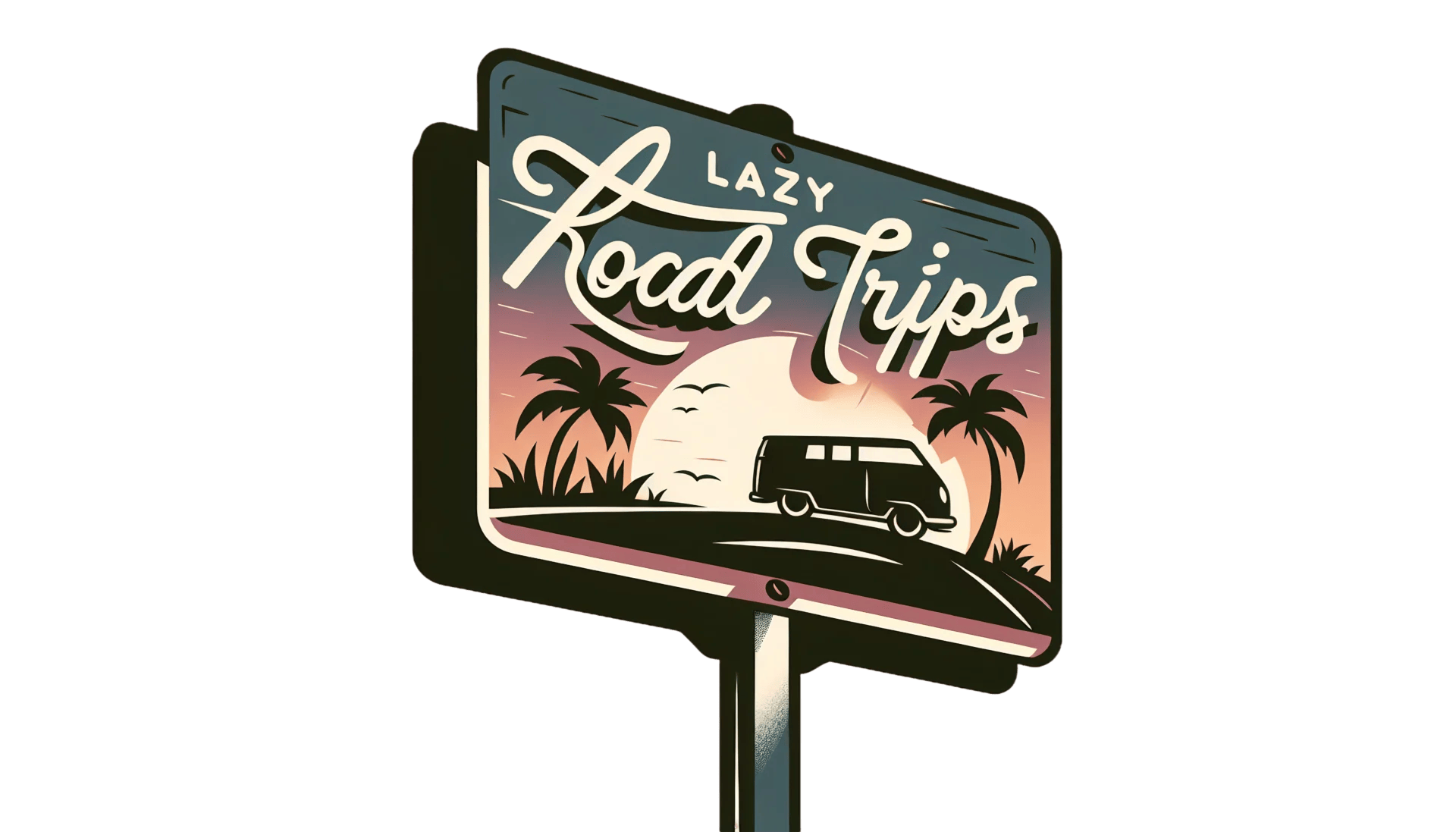San Francisco recently rolled out new regulations to address homelessness, with a sharp focus on people living in recreational vehicles (RVs). The city wants to limit the use of RVs as permanent homes.
This move has stirred up plenty of debate among officials, residents, and advocacy groups. Everyone seems to have an opinion, and the conversation is far from settled.
Understanding the New Regulations
The city’s new rules put strict limits on where and how long RVs can park. Officials see this as part of a bigger strategy to manage homelessness and its related challenges.
- Parking Restrictions: RVs can’t park in certain residential and commercial areas anymore, especially where parking’s already tight or the area’s heavily populated.
- Time Limits: RVs now face time limits for parking in one spot. The idea is to keep them from becoming semi-permanent fixtures in neighborhoods.
- Enforcement Measures: The city’s ramped up enforcement, handing out fines and towing vehicles that break the new rules.
The Rationale Behind the Regulations
City officials say these steps are necessary because residents and businesses have raised concerns. They point to a few main reasons:
- Public Health and Safety: People worry about sanitation and safety issues, like improper waste disposal and possible crime, linked to RV living.
- Neighborhood Aesthetics: Some neighbors are frustrated by blocked views, less available parking, and the general look of RVs lining their streets.
- Resource Allocation: Managing the growing number of people living in RVs stretches city resources like law enforcement and sanitation services.
Impact on the RV Community
For folks living in RVs, these regulations are a real headache. RV life has become a last resort for those priced out of San Francisco’s brutal housing market.
The new rules might push people to seek other shelter options, which could be even harder to find or afford.
Challenges Faced by RV Dwellers
People who call their RV home now deal with a unique set of hurdles:
- Finding Legal Parking: With more restrictions, it’s getting tricky to find legal, safe places to park. Many end up on the city’s edge or in less desirable spots.
- Financial Strain: Fines and towing fees pile up fast, adding to the money worries of those already struggling.
- Displacement: The rules force RV dwellers to move more often, which just adds to the instability and stress.
Broader Implications for Homelessness
These rules don’t just affect RV dwellers—they shine a light on the bigger homelessness crisis in San Francisco. The city’s attempts to tackle homelessness always seem to split opinion, and this time is no different.
Debate Among Stakeholders
The new regulations have sparked plenty of heated discussions:
- Advocacy Groups: Many advocates call the rules punitive and say they miss the root causes of homelessness. They push for deeper solutions, like more affordable housing and better support services.
- City Officials: Officials argue the regulations are about balancing community needs with the rights of people living in RVs. They stress the need to protect public health and safety.
- Residents and Businesses: Some residents and business owners back the measures, saying neighborhoods look better and feel safer without RVs parked everywhere.
Potential Solutions and Alternatives
While these regulations are a start, there’s a growing sense that San Francisco needs bigger, longer-term solutions for homelessness. What might actually help?
Increasing Affordable Housing
Affordable housing seems like an obvious answer, but getting there isn’t easy. Still, there are a couple of ways to make it happen:
- Government Initiatives: Local, state, and federal governments could invest more in affordable housing projects or offer incentives to developers for building low-cost homes.
- Public-Private Partnerships: Team-ups between government and private companies could help fund and build affordable places to live.
Support Services
Comprehensive support services are essential for people trying to move out of homelessness. Here are a few that make a real difference:
- Mental Health and Addiction Services: Many homeless folks struggle with mental health or addiction. Access to treatment and ongoing support can be a game changer.
- Job Training and Employment Assistance: Helping people build skills and find jobs can open doors out of homelessness.
Conclusion
San Francisco just rolled out new regulations that change how the city handles homelessness, especially for people living in RVs.
These rules focus on public health, safety, and neighborhood concerns. But honestly, they also show how much more needs to be done.
If you want more details about these changes and what they might mean, check out the full article on San Francisco Introduces New Limits to Ban Homeless People from Living in RVs.

